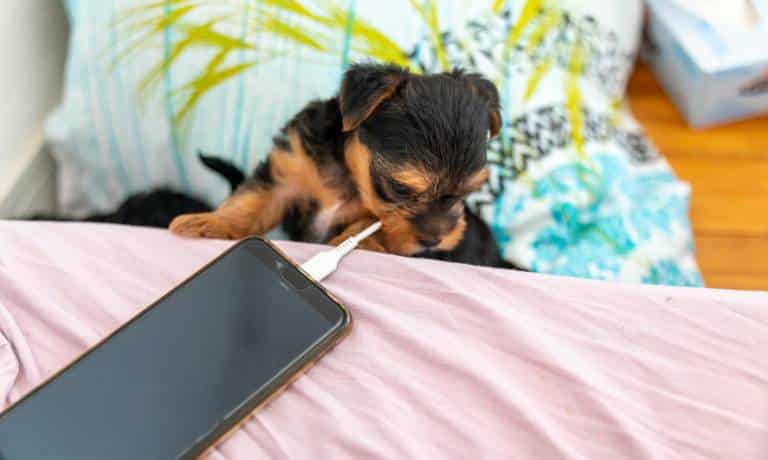
Every pet owner wants a safe environment for their furry friends. However, there are certain common household hazards that can harm your pets. By understanding these dangers, you can take simple steps to protect your beloved companions. Let’s explore the most common dangers that could be lurking in your home.
Electrical Cords and Household Wires
Pets, especially dogs and cats, love to view electrical cords as chew toys. Unfortunately, chewing on wires can lead to electric shocks or burns. To avoid this, try placing cords out of reach or using protective coverings. Bitter-tasting sprays can also deter curious pets from nibbling on cords.
Toxic Plants and Flowers
While houseplants add life to your home, many are toxic to pets. Common offenders include lilies, oleander, and poinsettias. When ingested, these plants can cause anything from mild irritation to severe health problems, like vomiting or even organ failure.
Keep in mind that what is toxic to one animal might not be toxic to another. Learn about the plants that are safe for the species under your roof, and place them out of reach to further ensure safety.
Human Foods That Are Harmful to Pets
It’s tempting to share food with your pets, but some human foods are dangerous for dogs and cats. For instance, chocolate, grapes, onions, and garlic can cause serious issues, including kidney failure or anemia. Keep these foods out of your pet’s reach and educate family members about the risks. Stick to pet-safe treats to keep your furry companions healthy and happy.
Open Flames and Heaters
Pets are curious by nature and may want to investigate open flames and heaters. That’s why unattended candles or space heaters pose fire hazards to both your pets and your home. Always supervise your pets around these items, and use safety measures, like fireplace screens, to prevent accidents.
Small Items That Pets Can Swallow
Pets can easily swallow small items, such as buttons, coins, and rubber bands, leading to choking or intestinal blockages. Keep your home’s floors clean and decluttered. It’s also wise to keep small items in secure containers or drawers to prevent your pets from accessing them.
Medications and Chemicals
Medications and household chemicals pose significant risks to pets. Even small amounts of common medications like ibuprofen can be harmful. Store medications and cleaning products in cabinets with childproof latches. If you suspect your pet has ingested something toxic, contact your veterinarian immediately.
Carbon Monoxide and Radon Gas
Carbon monoxide and radon gas can be deadly for people and just as dangerous for pets. To protect your pets from radon and carbon monoxide exposure, invest in detectors and install them in your home. You should also test your home for radon gas tocheck the concentration level. Regularly test the detectors and repeat radon tests to ensure protection. A well-ventilated home with working detectors can keep everyone, including your furry friends, safe.
Being aware of household hazards that can harm your pets is the first step in creating a safer environment. By staying wary and making a few adjustments, you can enjoy peace of mind knowing your beloved companions are safe.





